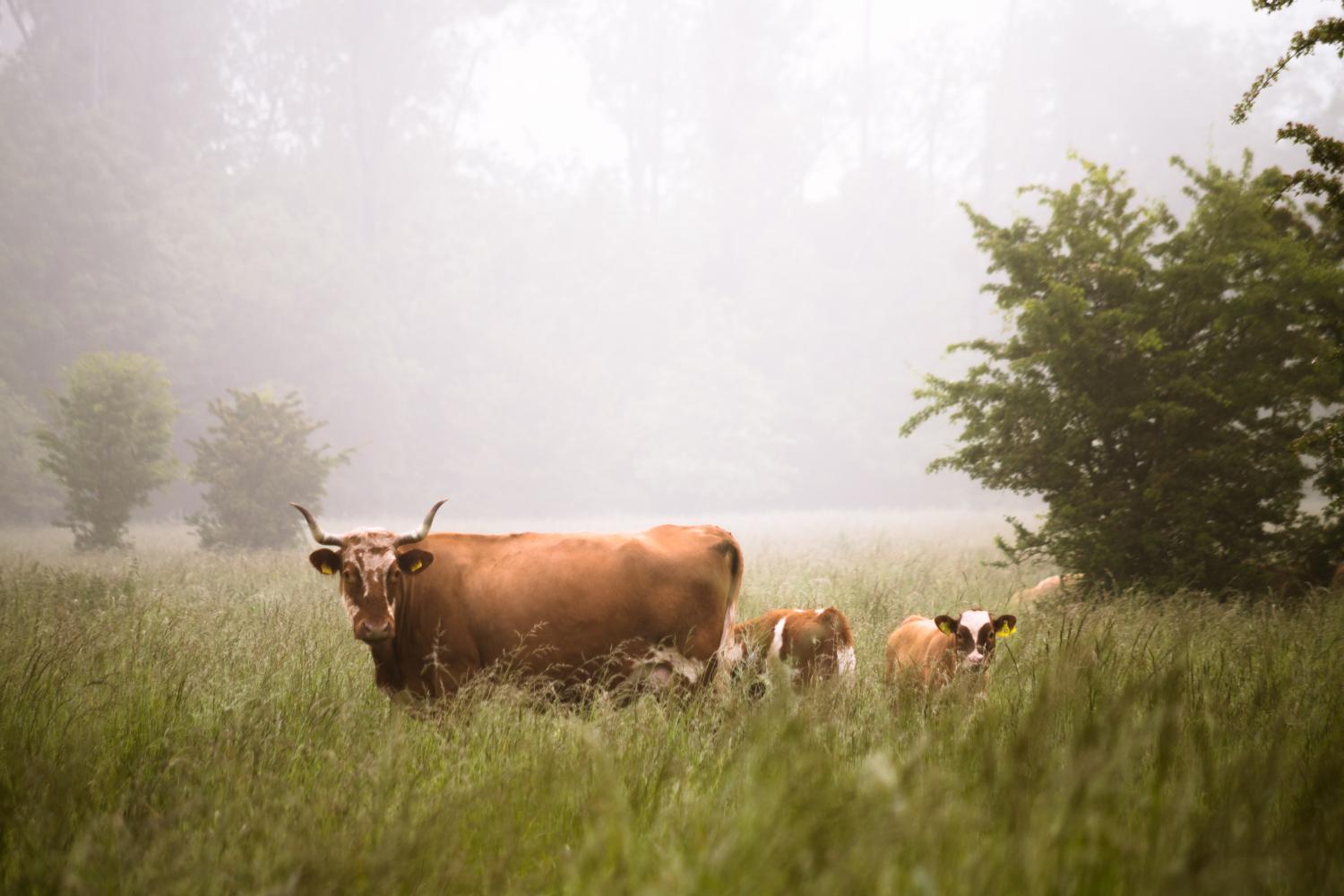
Agriculture has increasingly turned to technology in the name of efficiency over the past several years - and now GPS is poised to help out in a new way if this startup can succeed.
The agricultural sector has increasingly turned to technology in the name of efficiency over the past several years. Thanks in part to innovations such as drip irrigation, waste-to-energy projects and even robotics, those responsible for producing our food have often been able to transform how they farm crops, produce dairy products and raise livestock.
GPS is another tool that can be an asset to farmers, who can harness technology to gauge soil conditions, pests, and optimal land and water use. To that end, the startup Vence says its technology can help ranchers both monitor and take better care of their livestock.
Ranchers face several problems day-to-day. Livestock can wander, wander and wander, to the point that they end up on someone else’s property. Obviously, no one wants anyone, including animals, trespassing on his or her land. But livestock can also overgraze, which can lead to erosion and other environmental problems. Then there is the risk that livestock can contaminate lakes and streams. Cattle and sheep can also get sick, but if a rancher is leasing vast swathes of land, he or she may not notice such change in the animals’ health until it is far too late.
Vence’s founders aim to take on these challenges. The company says its collar includes a monitoring device that can detect not only where an animal is located, but also the direction it is facing. If that cow, sheep or bison starts wandering too far, as in toward someone else’s property or a waterway, the collar starts to vibrate. If the animal still wanders too far, it will receive a little shock.
The device works similarly to collars that pets wear at homes with virtual fencing. The one challenge this technology faces is that shock collars on dogs have caused more concern in recent years as many owners, and veterinarians, claim they can cause pets harm; so expect similar argument to arise with this technology if it scales up.
But the flip side to that argument is that this device’s functionality could allow ranchers to obtain timely information on the health of their livestock—therefore, any animal would not have to suffer nearly as long if ranchers had to ability to get notified and secure any immediate required care.
Meanwhile, Vence claims its technology can save ranchers money with lower labor and building costs—as in having to avoid the cost of fencing, which can be a pricier line item in remote rural areas. Better grazing techniques also means more pastureland can function as a carbon sink, which can help ranchers mitigate the global meat industry’s impact on climate change.
Naturally, the reactions of more than a few ranchers would include questions about this technology’s costs.
But that is where the Cargills and JBS USAs of the world can step in.
If the world’s largest meat companies are serious about tackling emissions, then they have got to zoom in on their supply chains. Many companies reply that they have a code of conduct and maintain strict procurement standards by which their suppliers must adhere. But as is the case with many companies’ supply chains, these suppliers often don’t have much of a financial cushion; hence their oft-repeated arguments that such requirements can pile on to their costs.
The bottom line is that companies can talk all they want about a sustainable supply chain, but that's often not possible unless they develop closer relationships with suppliers. And this can only happen if they support and invest in their supply chain—and not wait for a natural disaster or similar cataclysmic event. Programs such as tree-planting and the purchase of carbon offsets are not enough.
In the case of meat companies, technologies such as those rolled out by Vence could help suppliers become more responsible and efficient. Nevertheless, if ranchers are going to adopt these tools, companies have to offer financial support—as in making it far more seamless and cost-effective for apps such as Vence to succeed. The task will not be easy, as many meat companies' supply chains rely on indirect suppliers.
Still, industry support and investment in Vence, along with other peer startups, offers opportunities at many levels. Farmers could score necessary tools at a less burdensome cost, companies could achieve the numbers they need to prove to stakeholders they are responsible, and startup firms like Vence could become more profitable and provide decent jobs. In the end, this means everyone wins.
Image credit: Karsten Würth/Unsplash

Leon Kaye has written for 3p since 2010 and become executive editor in 2018. His previous work includes writing for the Guardian as well as other online and print publications. In addition, he's worked in sales executive roles within technology and financial research companies, as well as for a public relations firm, for which he consulted with one of the globe’s leading sustainability initiatives. Currently living in Central California, he’s traveled to 70-plus countries and has lived and worked in South Korea, the United Arab Emirates and Uruguay.
Leon’s an alum of Fresno State, the University of Maryland, Baltimore County and the University of Southern California's Marshall Business School. He enjoys traveling abroad as well as exploring California’s Central Coast and the Sierra Nevadas.














